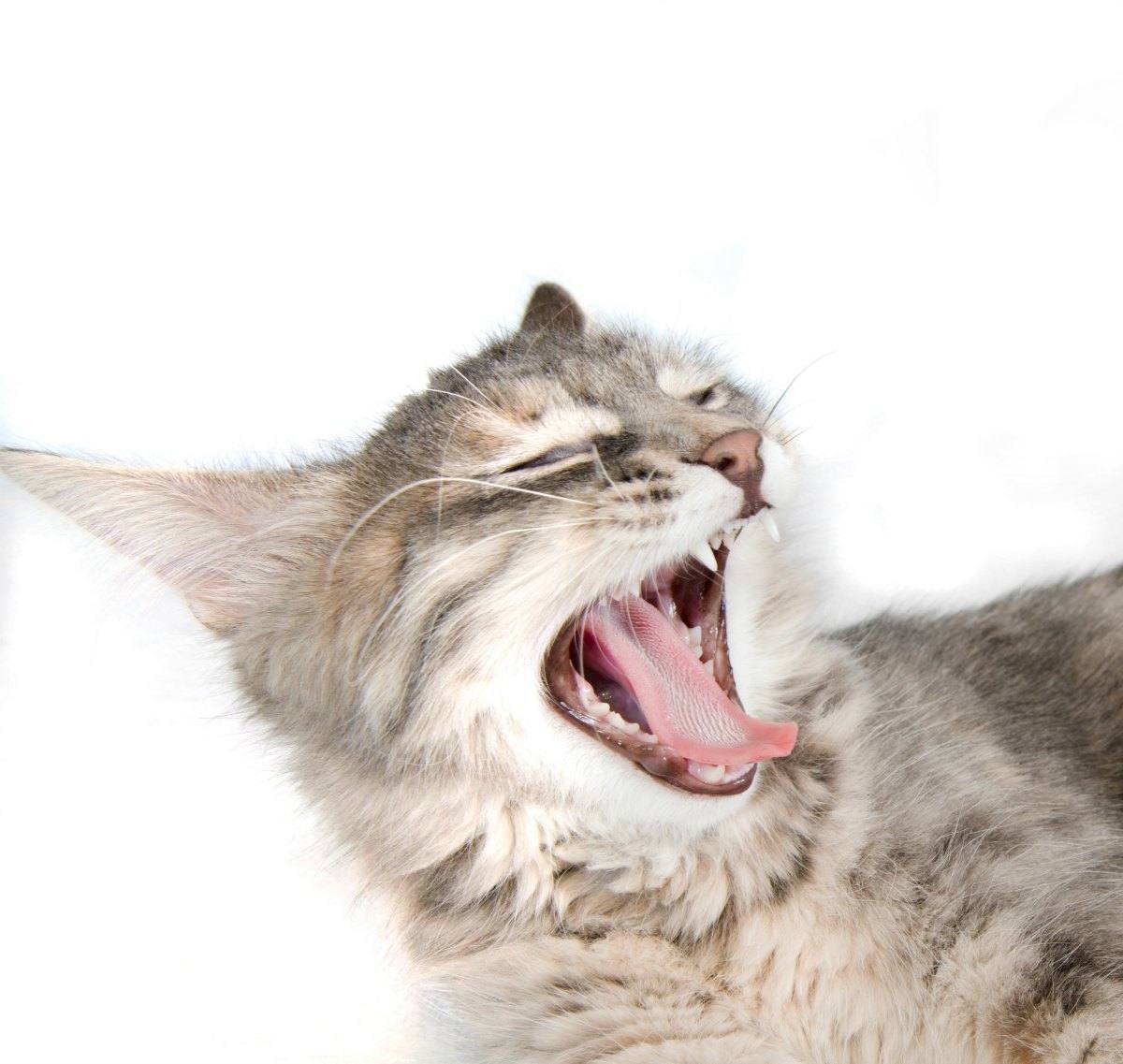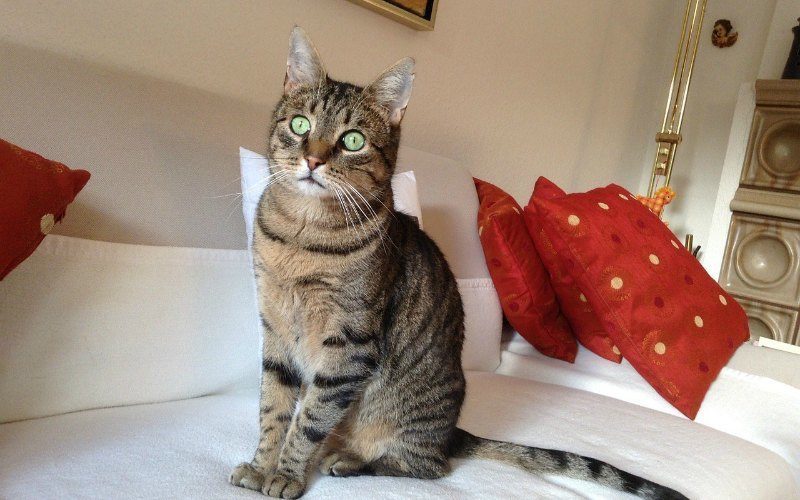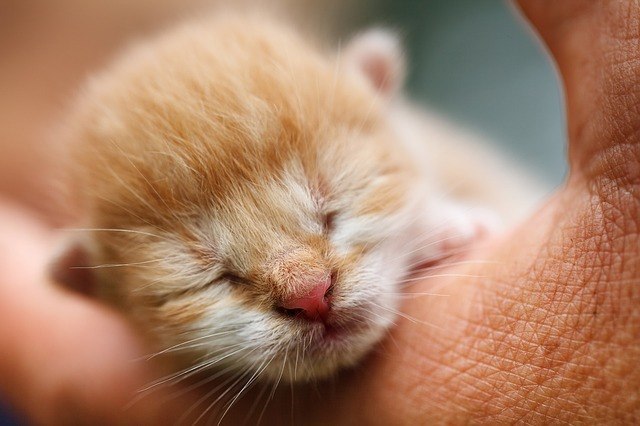Sleeping With The Enemy
Share

 The Mayo Clinic* has released a study which postulates that sleeping with your pets could, and I quote, Make You Dog Tired.
The Mayo Clinic* has released a study which postulates that sleeping with your pets could, and I quote, Make You Dog Tired.
You know I’ve got to ask… How long did it take these geniuses to come up with this theory, and how much did it cost us for them to complete a study that really could have been accomplished by just contacting me? As the owner of many cats, three dogs (one of which is half-coyote) and a plethora of other animals that may or may not be visiting at any certain time, I can attest to the fact that, of course sleeping with your pets will make you tired.
For instance, just the other night in the hot deserts of Arizona, we had a huge lightening storm. Actually, it was the first of its kind since we (by we I mean the desert dwellers who are forced to reside in Arizona during the miserable summer months) officially entered the “monsoon season” in early July. Under normal circumstances, the most catastrophic event that occurs during a storm like this is a temporary loss of power.
Not in our home. In our household, far more terrible things can happen. It generally begins with an air strike by fourteen half-wild cats as they scramble under the bed covers, followed by a ground attack from three paranoid dogs as they yip and struggle to climb up on the (thankfully) large bed. The chaos is generally halted by my slightly irate husband who in one frustrated roar cries out, “Enough!” At that point, everyone looks at him in shock and settles right down, because my husband never raises his voice.
Despite all this, the Mayo Clinic study did not take storms into account. Instead, it went on to report some interesting stats, “…when a dog was permitted to sleep in the bedroom, it has only a 57% chance of being allowed to sleep on the bed.”
I find this interesting mainly because they neglected to mention the number of cats who shared an owners bed. My personal feeling is that this is mostly due to the unwillingness of cat owners to admit they have a choice in the matter. If other homes are anything like mine, humans have never had, nor will they ever have, a choice on where the cat sleeps. Cats are notorious for simply sleeping where they choose, and God help the person who tries to move them. Therefore, I’m assuming that roughly 100% of the cats slept on the bed in contrast to the 57% of dogs.
In addition to this disturbing report, “Snoring was reported in 21% of dogs and 7% of cats.” (Again, this is more than likely due to the cats’ reluctance to admit that they snore).
Besides a number of complaints from patients (including one person who reported that she frequently got up in the middle of the night to let the dog out and waited up to 15 minutes before returning to bed with her pet), this Mayo clinic study also stated that, “…nearly 60 percent of their patients with pets, slept with their pets in the bedroom.”
I’ve done the numbers, my friends, and that is a lot of pets who are disrupting the sleep of otherwise normal human beings.
The Census bureau estimates that there are currently 106,566,000 households in the US (a figure that I can’t help but think is seriously understated. But, we’ll give them the benefit of the doubt). In addition to this large number of people, there are 60 million dogs, and 70 million cats that currently enjoy a status of being a “pet.”
Now, assuming that the households who claim they have a pet actually have one cat and one dog, then 87,384,120 (nearly 82%) of residents in our beautiful country are being deprived of sleep each and every night.
Here are some other not so shocking numbers:
- 157 of 300 patients (52 percent) had one or more pets, primarily cats and dogs.
- Nearly 60 percent of the patients with pets slept with their pets in the bedroom. When a dog was permitted to sleep in the bedroom, it had a 57 percent chance of being allowed to sleep on the bed.
- Of the pet owners, 53 percent considered their sleep to be disrupted to some extent every night, but only one percent felt that their sleep was disrupted for more than 20 minutes per night on average.
Here’s another interesting tidbit of information. Did you know that more deaths occur from falling asleep while driving than from drinking and driving? It’s true.
While this study does in actuality, exist, it is obvious that they have forgotten several important points.
First, there is little hope of successfully sharing a bed with your pets. Unless, of course, you are like my husband – who could sleep through a nuclear attack, without any problem. I am not so lucky. Being a light sleeper, I run into the following problems most often:
- Heat exhaustion from the body heat of all the animals accompanied by the average 110-degree desert heat.
- Noise pollution from the hissing, barking, growling, and general irritation resulting from cats and dogs sharing a bed together, not to mention the snoring.
- Bodily injury from the occasional night stalker cat that chooses to use your naked back as a scratching post.
- Fear of moving because even the slightest movement has the potential to awaken one or more of my pets, who will spend the next two hours walking around in circles, hissing, fighting over the best spots, and ultimately commandeering my pillows.
But there is good news among these disturbing figures. First, the Mayo Clinic also did a study some time ago discussing the positive effects that pets have on people. These consist of lowered heart rates, a sense of calmness resulting from petting your animal, and an overall decrease in disease amongst pet owners.
So while we may run the risk of dying in a car accident from sleep exhaustion, the good news is that we will be a lot more relaxed during the accident…
Ultimately, the risk is up to you. I, for one, am willing to accept the potentially deadly car accident over not sleeping with my sleep depriving pets. In all, it is just a part of learning to live amongst animals without becoming one – a task unto itself.

* Mayo Clinic (2002, February 15). Dog Tired? It Could Be Your Pooch. ScienceDaily. Retrieved September 26, 2010










